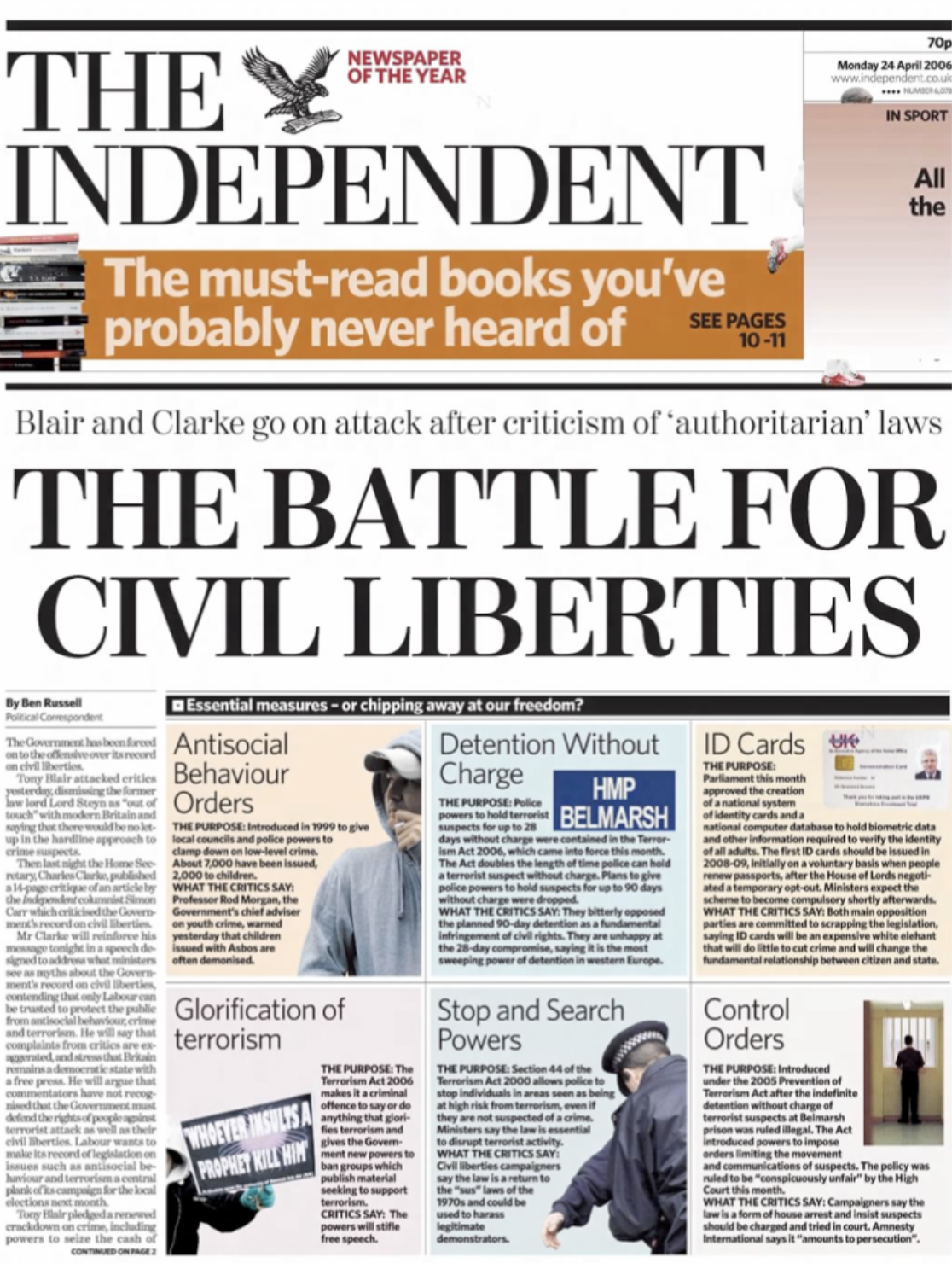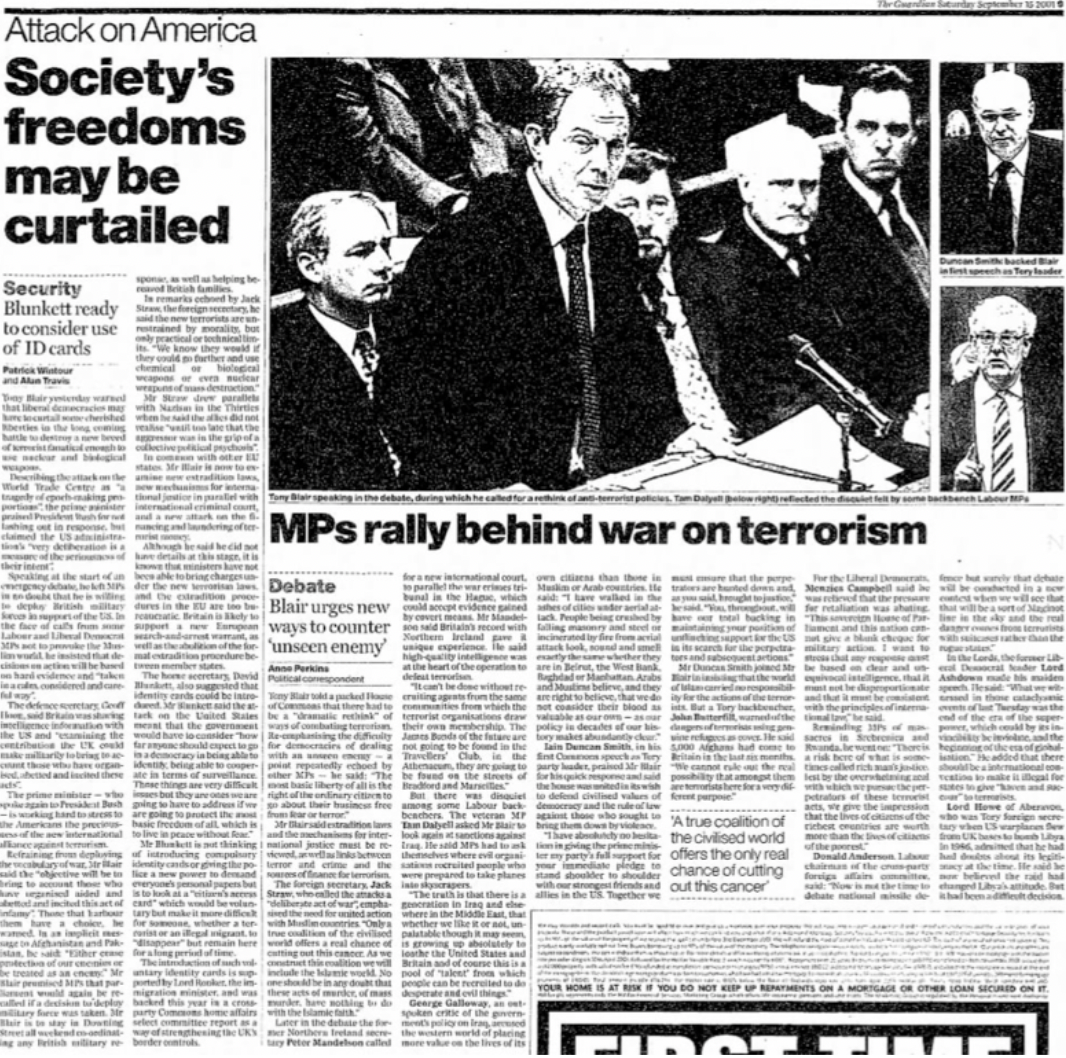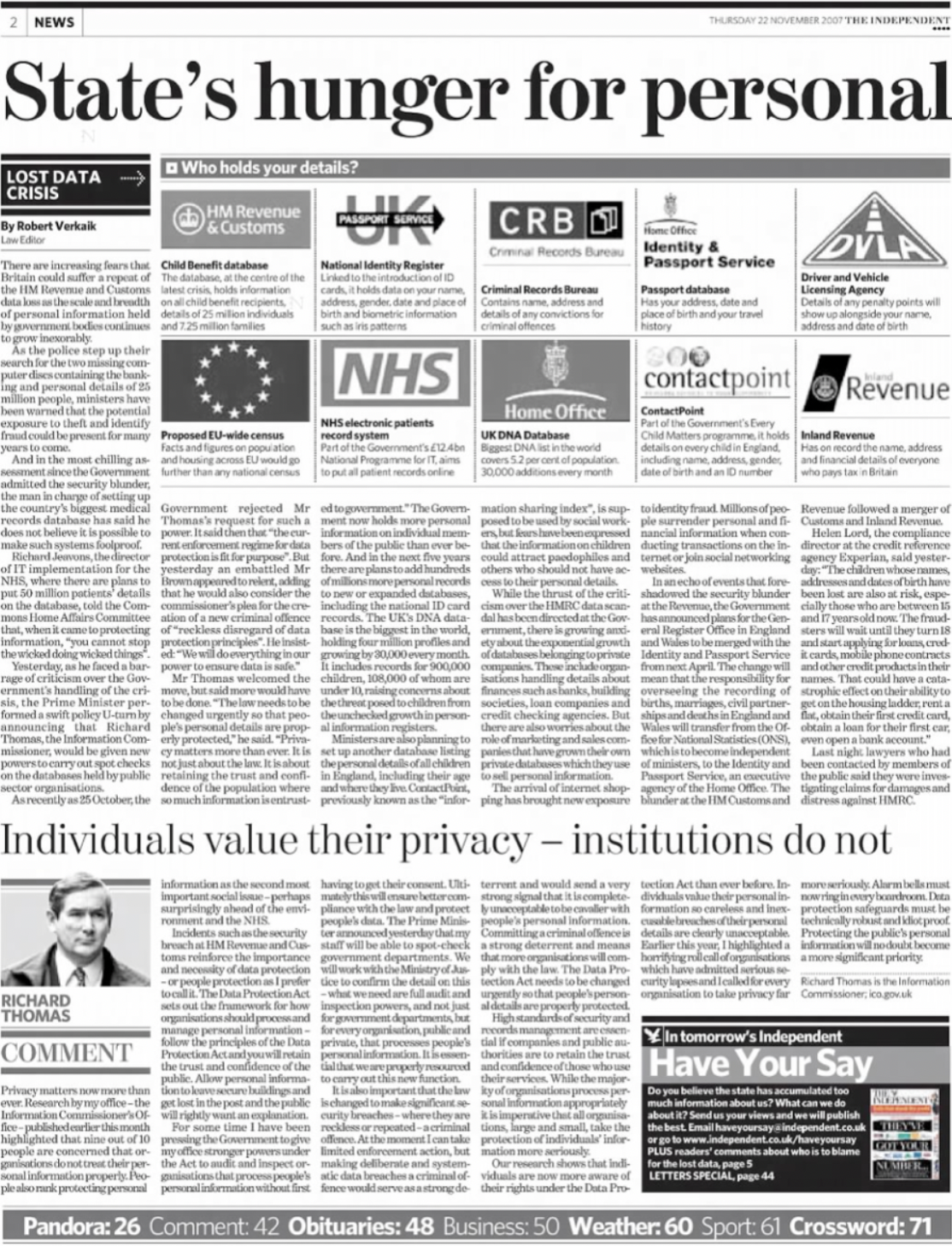The digital ID cards that were met with outrage in 2010 are being pushed through under the smoke screen of this pony pandemic. The contract has been awarded and details of the deal are stated on the stock exchange company bio. You will need one to work, claim benefits, travel, open a bank account, rent a property etc etc.. basically replacing all current forms of identifying yourself and will no doubt become a part in the health passport plan. If people can’t see what’s happening they might as well have their eyes closed.
Introduction
Throughout the COVID-19 pandemic, Christo Hall and Stuart Leech monitored UK-based anti-lockdown and anti-vax Telegram channels that were rife with mis- and disinformation. In the detail of these conversations, we found references to scandals and events in British history that appeared to be colouring and evidencing suspicion of authorities’ pandemic responses.
Bifurcated (bi4c8d) documents some of those events, focusing on institutional privacy, security and surveillance controversies.
The project tries to understand how these events have contributed to the decline in institutional trust, and why the rabbit hole is overflowing.



Did you see the law they passed on the sly (not one mainstream media covered the news) Corona virus retention of DNA and fingerprints of anyone who is tested ( I don't know how the fingerprints tie in but they have covered it with this legislation)
It's there on the .gov website, they are keeping EVERYONE they tests DNA.
For national security!
That's another reason they want everyone tested with these useless faulty tests
The inconvenient truth. Letting these pHARMa giants look after your health is like hiring Jimmy Saville to be your baby sitter.
When are the majority of people going to 'wake up' to this covid scam 'Plandemic' of lies and deceit (in the UK and across the world)?. As people wake up and see the 'agenda' behind 'covid' ( not so hidden now as people research and see the truth beyond the government and mainstream media propaganda), then the reality of the corruption and indoctrination becomes widely known. The UK government and devolved governments of the UK are totally corrupt and have committed 'crimes against humanity' on a scale never seen or experienced before. Both houses of parliament and the devolved parliaments and the 'Commissioners/Chief Constables' of the UK Police 'Force' are complicit in the criminal action against our inalienable human rights and as such they all need to be held accountable and face justifiable charges of either malfeasance/misfeasance in public office or 'Crimes against Humanity' and therefore be 'awarded' the full penalty under Law for their crimes.